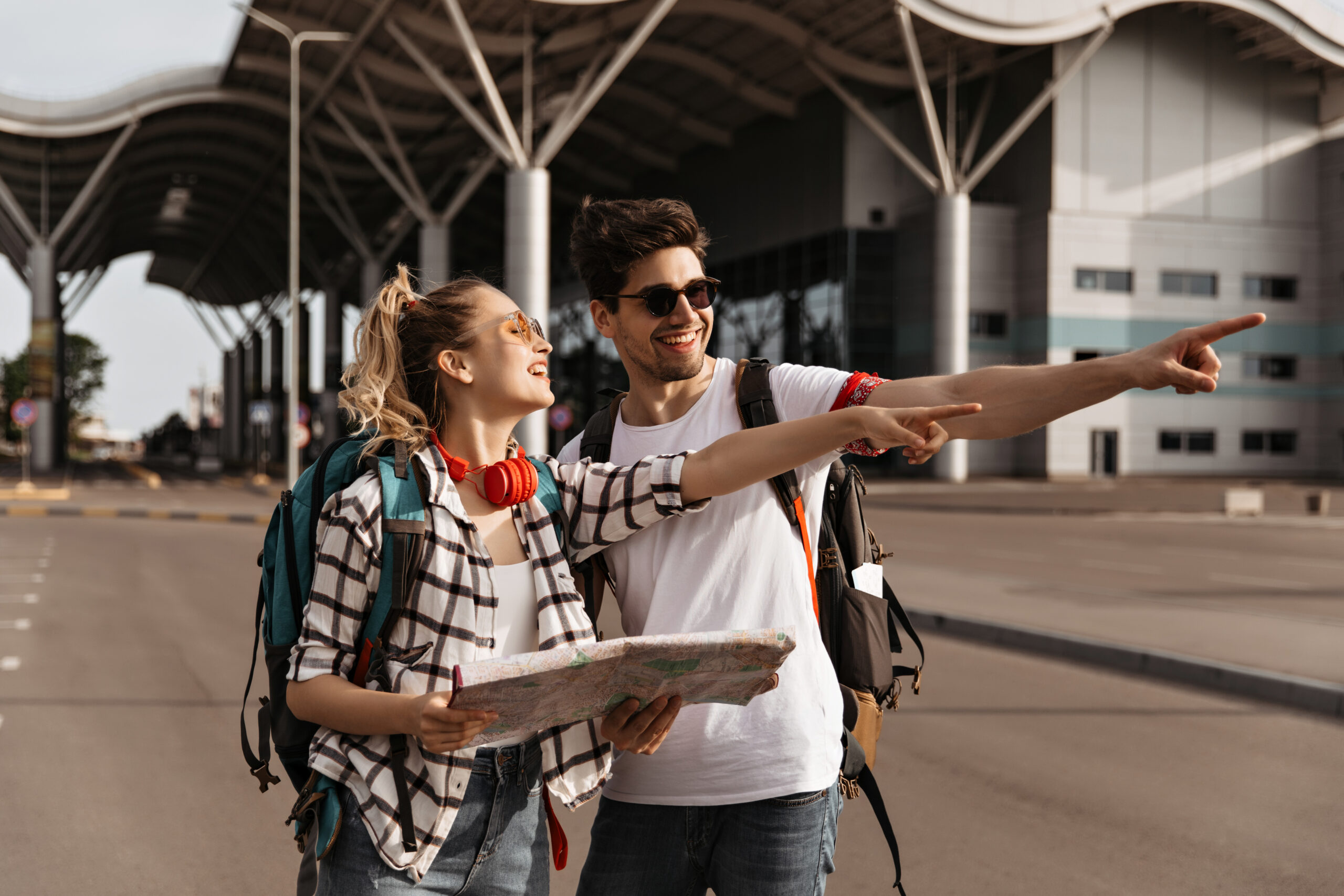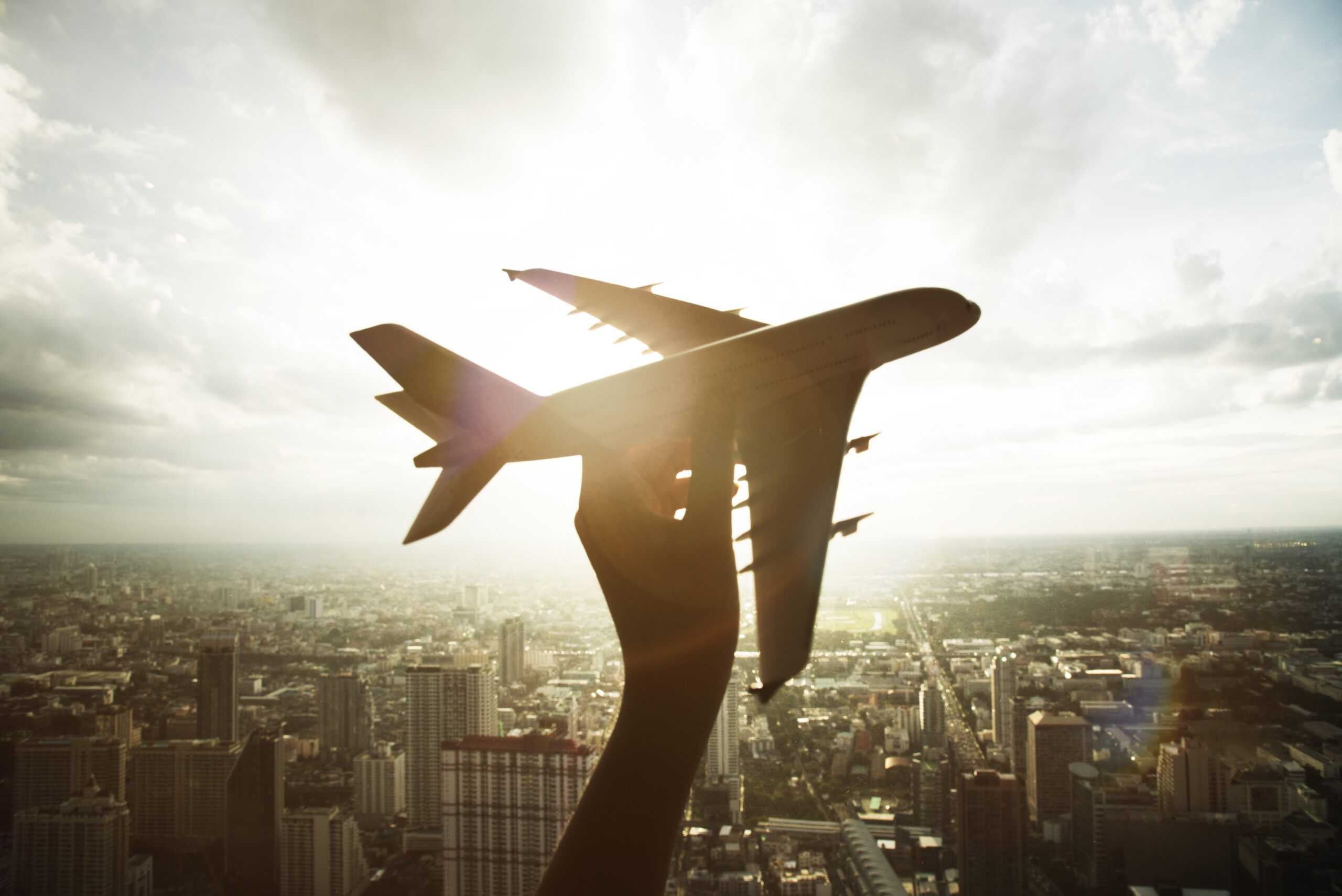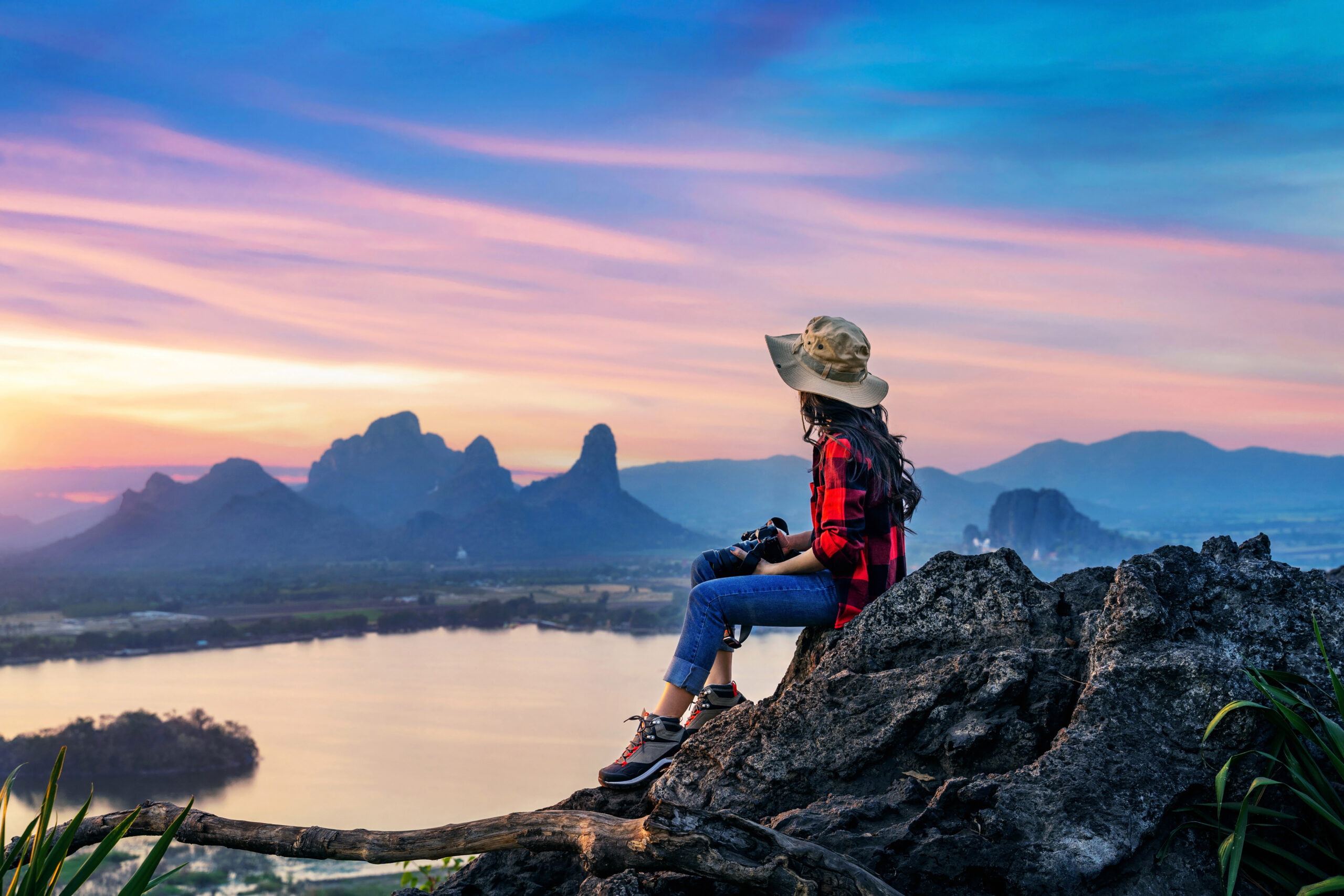How to Stay Healthy While Traveling Abroad

Traveling abroad is an exhilarating experience—new cultures, cuisines, and landscapes await. But amid the excitement, it’s easy to neglect your health. Jet lag, unfamiliar foods, disrupted routines, and exposure to germs can take a toll, leaving you vulnerable to illness. Staying healthy while traveling isn’t just about avoiding sickness; it’s about ensuring you have the energy and vitality to fully embrace your journey. Whether you’re backpacking through Southeast Asia, exploring European cities, or embarking on a safari in Africa, these actionable tips will help you prioritize wellness without sacrificing adventure.
1. Pre-Trip Preparations: Lay the Foundation for a Healthy Journey
Research Destination-Specific Health Risks
Before packing your bags, research health advisories for your destination. The CDC (Centers for Disease Control and Prevention) and WHO (World Health Organization) provide updated guidelines on vaccinations, disease outbreaks, and safety precautions. For example:
- Vaccinations: Ensure routine vaccines (like MMR, tetanus, and flu) are up to date. Destination-specific vaccines (e.g., yellow fever, typhoid, or hepatitis A/B) may also be required.
- Altitude or Climate Concerns: High-altitude destinations like Cusco, Peru, or extreme climates (e.g., deserts or tropical regions) require special preparation.
- Local Water Safety: In many countries, tap water isn’t safe to drink. Plan to rely on bottled or purified water.
Pack a Travel Health Kit
A well-stocked health kit is your first line of defense. Essentials include:
- Prescription medications (with copies of prescriptions).
- Over-the-counter remedies (antidiarrheal, antihistamines, pain relievers).
- Bandages, antiseptic wipes, and blister pads.
- Hand sanitizer (60% alcohol or higher).
- Sunscreen, insect repellent, and a reusable water bottle with a filter.
Secure Travel Insurance
Medical emergencies abroad can be costly. Opt for travel insurance that covers:
- Emergency medical care and evacuation.
- Trip cancellations or interruptions.
- Lost luggage or gear.
2. Stay Hydrated and Nourished During Transit
Combat Dehydration
Airplane cabins have low humidity, which dehydrates the body quickly. Symptoms like fatigue, headaches, and dry skin can ruin your first days abroad. Tips:
- Drink water consistently—avoid excessive caffeine or alcohol.
- Use a hydrating facial mist or nasal spray to combat dry air.
Eat Mindfully
Airport and airplane meals are often high in sodium and preservatives. Pack snacks like nuts, fruits, or protein bars to avoid relying on unhealthy options.
Move Regularly
Sitting for hours increases the risk of blood clots (deep vein thrombosis). Stretch your legs, walk the aisle, or do seated exercises like ankle rotations.
3. Eat and Drink Safely: Navigate Foreign Cuisine Without Regrets
Street Food: Proceed with Caution
Street food is a cultural highlight, but foodborne illnesses like traveler’s diarrhea are common. Follow the “boil it, cook it, peel it, or forget it” rule:
- Opt for freshly cooked, piping-hot dishes.
- Avoid raw vegetables, unpeeled fruits, and undercooked meats.
- Check vendor hygiene—look for busy stalls with high turnover.
Water Safety
Contaminated water is a leading cause of illness. Strategies include:
- Drinking only sealed bottled water (check the cap for tampering).
- Using a portable water filter or purification tablets.
- Avoiding ice cubes and brushing teeth with bottled water.
Balance Indulgence with Nutrition
It’s tempting to overindulge in local delicacies, but moderation is key. Incorporate fruits, vegetables, and probiotics (like yogurt) to support digestion.
4. Prioritize Sleep and Beat Jet Lag
Adjust Your Schedule Pre-Trip
Gradually shift your sleep routine 2–3 days before departure to align with your destination’s time zone.
Optimize Your Environment
- Use noise-canceling headphones and an eye mask for uninterrupted sleep.
- Avoid screens before bedtime to boost melatonin production.
Nap Strategically
Limit naps to 20–30 minutes to avoid disrupting nighttime sleep.
5. Stay Active: Incorporate Movement into Your Adventures
Walk or Bike to Explore
Skip taxis and explore cities on foot or by bike. Walking tours double as exercise and cultural immersion.
Hotel Room Workouts
No gym? No problem. Bodyweight exercises (push-ups, squats, yoga) require minimal space. Apps like Nike Training Club offer guided routines.
Try Local Activities
Hiking, snorkeling, or dance classes are fun ways to stay active while experiencing local culture.
6. Protect Your Mental Health
Manage Travel Stress
Lost luggage, language barriers, or itinerary changes can spike stress. Practice mindfulness techniques:
- Breathe deeply for 60 seconds to reset.
- Keep a journal to process emotions.
Stay Connected
Homesickness can dampen your mood. Schedule regular check-ins with loved ones via video calls.
Allow for Downtime
Avoid overscheduling. Build rest days into your itinerary to recharge.
7. Practice Good Hygiene
Handwashing is Non-Negotiable
Wash hands with soap for 20 seconds before eating or touching your face. Use hand sanitizer when soap isn’t available.
Sanitize High-Touch Surfaces
Wipe down airplane trays, hotel remotes, and doorknobs with disinfectant wipes.
Avoid Touching Your Face
Germs on your hands can enter through the eyes, nose, or mouth.
8. Be Prepared for Medical Emergencies
Locate Nearby Clinics
Save addresses of hospitals or clinics at your destination. Apps like TravelSafe or IAMAT provide global medical directories.
Learn Key Phrases
Know how to say “I need a doctor” or “I’m allergic to…” in the local language.
Carry Important Documents
Keep a digital and physical copy of your insurance card, passport, and emergency contacts.
9. Respect Local Customs and Environments
Dress Appropriately
Research cultural norms to avoid offending locals. In conservative regions, cover shoulders and knees.
Protect Nature
Use reef-safe sunscreen to prevent damaging marine ecosystems. Avoid single-use plastics to reduce waste.
10. Post-Travel Health: Monitor Your Well-Being
Watch for Symptoms
Some illnesses (e.g., malaria) have delayed onset. See a doctor if you experience fever, rashes, or digestive issues after returning.
Reacclimatize Gradually
Allow time to readjust to your home time zone and routine.
Final Thoughts
Staying healthy while traveling abroad requires proactive planning, mindfulness, and adaptability. By prioritizing hydration, nutrition, sleep, and hygiene, you’ll minimize health risks and maximize enjoyment. Remember, wellness isn’t about perfection—it’s about making informed choices that let you savor every moment of your journey. Bon voyage and stay well!



